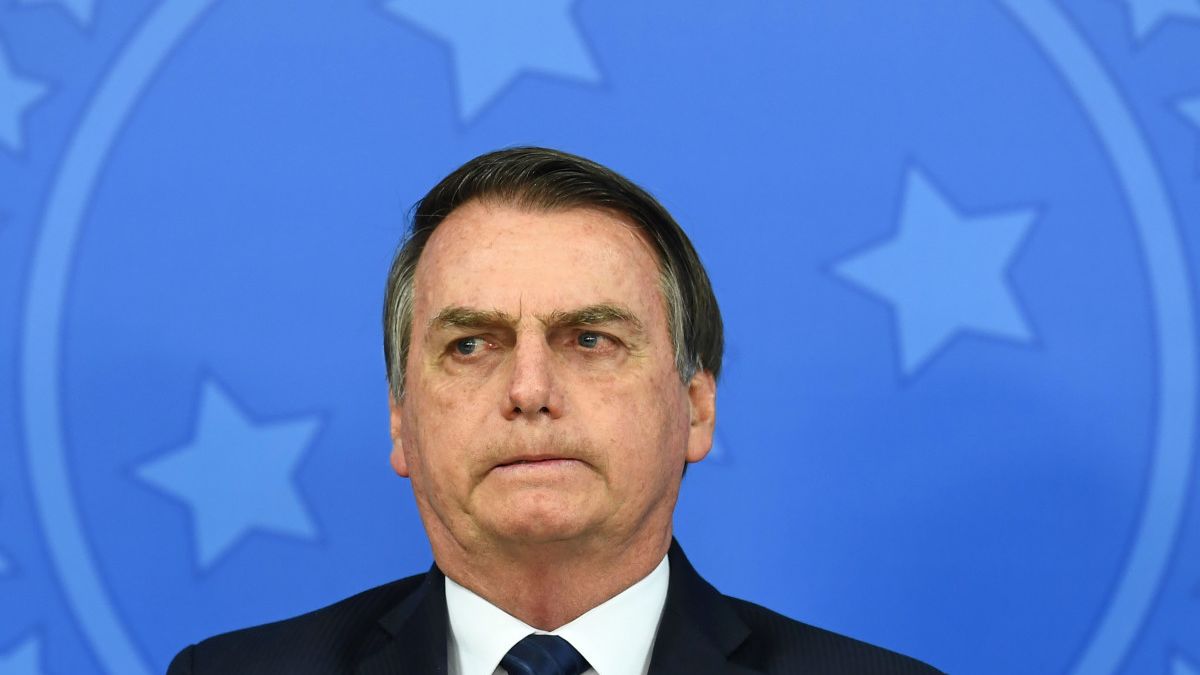Russia and Ukraine both export large amounts of wheat, so Moscow’s war of aggression could have serious consequences for food supplies in parts of the world. Experts warn of further famines.
The agriculture ministers of the seven major industrial nations (G7) will discuss the effects of the Ukraine war on global food security on Friday – because experts say the effects can be far-reaching.
What is the impact of the conflict on food security in different regions of the world? An overview.
Which foods could there be shortages?
The organization Germanwatch warns of bottlenecks in the global supply of grain and oilseeds. Ukraine is considered a “breadbasket of Europe”. In the EU, individual countries such as France or Germany are also major players on the international grain market, but the quantities harvested in and exports from Ukraine can influence prices worldwide. Other important agricultural exports from Ukraine are corn, rapeseed and sunflowers.
Where could the consequences be felt?
The war in Ukraine is likely to have noticeable effects, especially in the Arab world and in some countries in Asia and Africa. Egypt, Tunisia, Morocco and Bangladesh import large parts of their wheat from Russia and the Ukraine. Germanwatch therefore warns that there could be famine and social upheaval in poorer countries.
According to the World Bank, the situation in Yemen, Syria and Lebanon, which are already plagued by crises and hunger, will now deteriorate significantly. They are also urgently dependent on wheat imports from Ukraine and Russia. Welthungerhilfe is anticipating an increasing number of starving people. Indonesia’s President Joko Widodo warned, among other things, of food shortages due to the war. However: “Ukraine will be hit the hardest by far,” says agricultural expert Verena Laquai from the federal Thünen Institute.
What about food security in Germany?
Food Minister Cem Özdemir (Greens) has already made it clear that the food supply in Germany and the EU is safe. However, prices in supermarkets could continue to rise. The raw material costs for bread and rolls, for example, make up a small part of the price, while rising energy prices are much more relevant for other products. Arable farmers can currently get more for their grain with high world market prices – but this also makes animal feed more expensive. Many farms are also worried about drastic price increases for nitrogen fertilizers.
Who could close supply gaps?
In the short term, possible supply gaps could be covered by large exporters, says Laquai. In the longer term, this will result from increased production in all parts of the world. There are estimates that because of the aftermath of the war, three million tons less wheat is being exported from Russia and four million tons less wheat from Ukraine. “Australia and Argentina in particular had a very good harvest and can therefore export more,” says the expert. The EU could also export more thanks to good harvests. Environmental organizations and politicians also criticize the fact that large quantities of grain end up in feeding troughs.
According to government figures, the second largest wheat producer in the world, India, has so far exported less than one percent of the harvest. Reason: The Indian government sets a minimum price for wheat, which was long above the international wheat price. However, this is now different in view of the price increases due to the Ukraine crisis, said the head of the Agricultural and Processed Food Products Export Development Authority, Tarun Bajaj, of the German Press Agency.
What is the political significance of the topic of nutrition?
Food insecurity is often followed by political instability. Rising food prices are also considered one of the triggers of the so-called Arab Spring. In Iraq and Turkey, many people have been protesting against food price increases in recent weeks. Experts also believe that new refugee movements are possible as a result of increasing hunger.
Does German agricultural policy also have to change course?
The war has reignited the dispute over an ecological turnaround in agriculture. The opposition Union in the Bundestag demanded that security of supply have a higher priority – and that includes intensifying the limited agricultural land in Europe. SPD expert Susanne Mittag warned, for example, with regard to fertilizer requirements: “The war in Ukraine must not be misused as an opportunity for a backwards role in agricultural policy.” EU Commissioner Frans Timmermans sees it similarly. Agricultural policy in the EU is also largely shaped in Brussels.
What are the G7 Agriculture Ministers talking about?
Özdemir wants to discuss the far-reaching effects as part of Germany’s G7 presidency. Specifically, it is about global food security and the question of how the markets can be kept open and stabilized. The Ukrainian department head Roman Leschenko and international organizations are also to take part in the video conference. Farmers’ President Joachim Rukwied appealed to the G7 that food security in the affected countries must be guaranteed.
Source: Stern
Jane Stock is a technology author, who has written for 24 Hours World. She writes about the latest in technology news and trends, and is always on the lookout for new and innovative ways to improve his audience’s experience.




